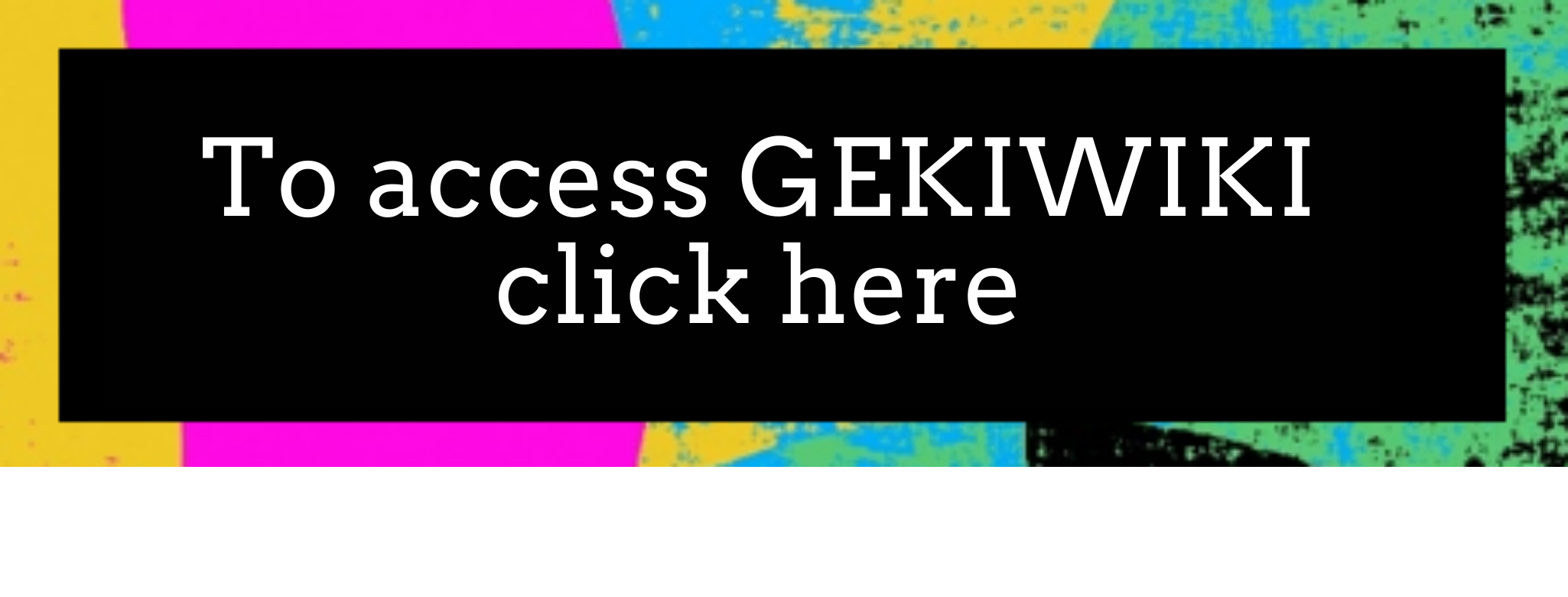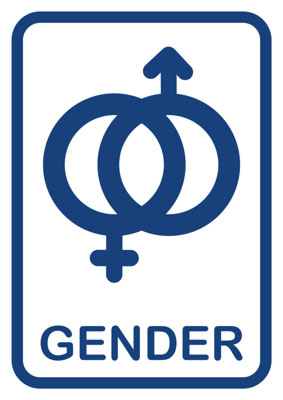Presentation of TWG
Gender equality has been recognized as an international commitment and a prerequisite for development since the United Nationals Fourth World Conference on Women, Beijing 1995. Over the years the international development evaluation field has collected a wide-range of experiences in carrying out gender-sensitive evaluations. Since 2015, Gender equality is also acknowledged by the international development community as an enabler and accelerator for all the Sustainable Development Goals, and the gender-responsive implementation of the 2030 Agenda for Sustainable Development offers an opportunity to achieve not only SDG 5 (gender equality) but to contribute to progress on all 17 Sustainable Development Goals.
Gender-focused and gender-sensitive evaluations began in the late 1990s looking into gender relations and the different gender effects of the policies. However, still nowadays evidence suggests that gender perspectives have not been integrated in every relevant policy and in some instances any progress has also been hindered by the contradictory content of some policies. While labelled ‘gender policies’ they have unintendedly reinforced traditional gender roles and stereotypes. Another challenge is the availability of gendered data which only recently is receiving more attention as it also provides the evidence for a lack of consideration of gender perspectives during the design phases of interventions and programmes. Other challenges come from using “women” and “gender” as interchangeable terms rather than looking at the relational aspects, e.g. examining how the relations between all gender identities co-construct expectations on each other and define power relations; and the intersectional dimension, i.e. examining how gender interacts with other social identity markers such as age, class, ethnic caste, sexual orientation, rural/urban location, disability, marital status and so on.
The Gender and Evaluation Thematic working Group focus is on advocating for, building capacity and raising awareness about gender-responsive evaluations as a key and powerful tool for accountability and learning and creating societies based on just, inclusive and effective policies for all.
Objectives of TWG
The main objective of the EES Gender and Evaluation Thematic working Group is to improve and exchange our knowledge and skills on how to carry out evaluations from a gender perspective. It specifically seek to connect practitioners from different fields, enthusiastic individuals, institutions, organisations and civil society actors working on this issue nowadays as well as to build a platform for the practitioners across sectors to disseminate relevant evaluation activities, materials and opportunities and to learn from each other’s experiences. This will be done through various activities:
- Establishing and maintaining a knowledge repository, the EES GEKIWIKI, seeking to share global practices and challenges when designing, managing and using gender-responsive evaluations. It also includes resources from forerunners in the field of gender-responsive evaluation and brings together reports and resources applicable across a wide range of sectors from climate change, rural development and transport to peacebuilding.
- Building of a European Evaluation Network of practitioners advocating for and actively using gender-responsive evaluations
- Advocating for gender-responsive evaluations and gender-mainstreaming in evaluation activities globally.
- Building capacity and providing guidance and support to monitoring, evaluation and reporting systems related to gender mainstreaming.
- Welcoming professionals from various fields, backgrounds and ages who are willing to actively contribute to TWG objectives.
- Connecting to the global evaluation networks, communities of practice and initiatives to maximize learning without borders.
- Convening various knowledge exchanges and learning opportunities through conferences, online webinars and informal meetups.
Specific Contact Person in the EES Board
Karin Kohlweg, karinkohlweg@yahoo.com

EES Gender and Evaluation Knowledge and Information WIKI (GEKIWIKI)
TWG 1 Gender and Evaluation is proud to share the EES Gender and Evaluation Knowledge and Information WIKI (GEKIWIKI). It provides a curated list of resources containing information on legal instruments and relevant international standards of particular importance to women’s human rights and gender equality, as well as evaluation reports, publications, tools and manuals related to gender-responsive evaluation.
It is now available to all EES members in good standing. Please contact EES TWG 1 leader to learn how to access the platform.
 |
 |
 |
Blog on Gender Mainstreaming in Evaluation
In honour of International Women’s Day, EES’ TWG 1 Leader Petra Novakova and Secretary General Karin Kohlweg authored a blog on how to improve gender mainstreaming in evaluation: https://europeanevaluation.org/2021/03/08/time-is-up-lets-increase-efforts-to-mainstream-gender-in-evaluations/
List of TWG members (EES members in good standing)
To be added soon…


